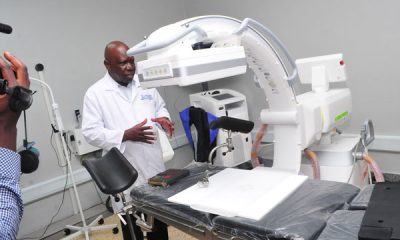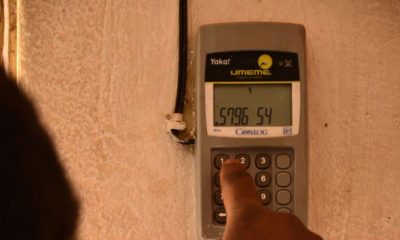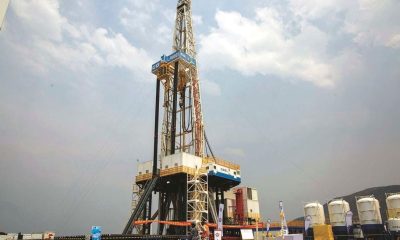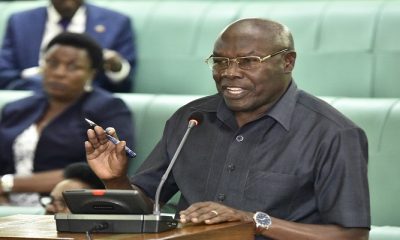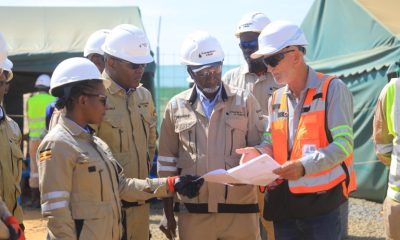In the last five years, Africa’s renewable energy sector has witnessed a significant increase in investments and installed capacity. However, a recent report published by the International Labour Organisation (ILO) and the International Renewable Energy Agency (Irena) has revealed that job opportunities in this sector have decreased by 0.6 percent, deviating from global trends.
As of 2022, only 320,000 individuals were employed in the renewable energy industry in Africa, down from 322,000 in 2018. This decline is surprising considering the region’s growing investment in renewable energy, which reached $13 billion in 2021, reflecting a 44 percent increase over five years. Additionally, the installed capacity of renewable energy in Africa expanded by 18 percent to reach 63,034 MW in 2022.
Globally, the renewable energy sector has experienced consistent job growth, aligning with increased investments and capacity expansion. In 2022, the clean energy industry employed over 13.7 million people, a 24.5 percent increase from 2018 and almost double the figures from 2012. These statistics indicate that investments in renewables are contributing to job creation worldwide.
However, the situation in Africa stands in stark contrast. The report highlights that most renewable energy jobs are concentrated in a limited number of countries, primarily China, Brazil, the United States, and India, which together account for over 58 percent of global clean energy jobs. In contrast, Africa holds just 2.3 percent of these jobs. The top four countries in clean energy job numbers also lead in installed capacity, controlling 61 percent of global capacity.
The discrepancy in job creation between Africa and other regions can be attributed to the lack of local manufacturing of renewable energy equipment such as solar panels, wind turbines, and water turbines in Africa. These manufacturing activities are primarily located in China and India. While Africa does benefit from downstream and upstream jobs, they tend to be indirect and induced positions, not directly within the renewable energy sector. Renewables are low-maintenance technologies, and therefore, fewer jobs are created for maintenance purposes.
Rebekah Shirley, the deputy director for Africa at the research non-profit World Resources Institute (WRI), emphasizes that the primary job opportunities created by renewable energy in Africa are in downstream and upstream positions. These jobs result from the benefits of having renewable energy installed and from the supply chains of raw materials for renewable energy equipment manufacturing.
It’s important to note that the data presented by ILO and Irena primarily focuses on direct jobs created by the renewable energy sector, potentially overlooking the induced and indirect employment opportunities supported by the industry.
In conclusion, while Africa has made substantial investments in renewable energy and witnessed an increase in installed capacity, it has not seen a corresponding growth in direct job opportunities within the sector. The bulk of renewable energy employment remains concentrated in a handful of countries with advanced manufacturing capabilities, highlighting the need for African nations to explore ways to tap into downstream and upstream opportunities in the renewable energy value chain to enhance job creation.




